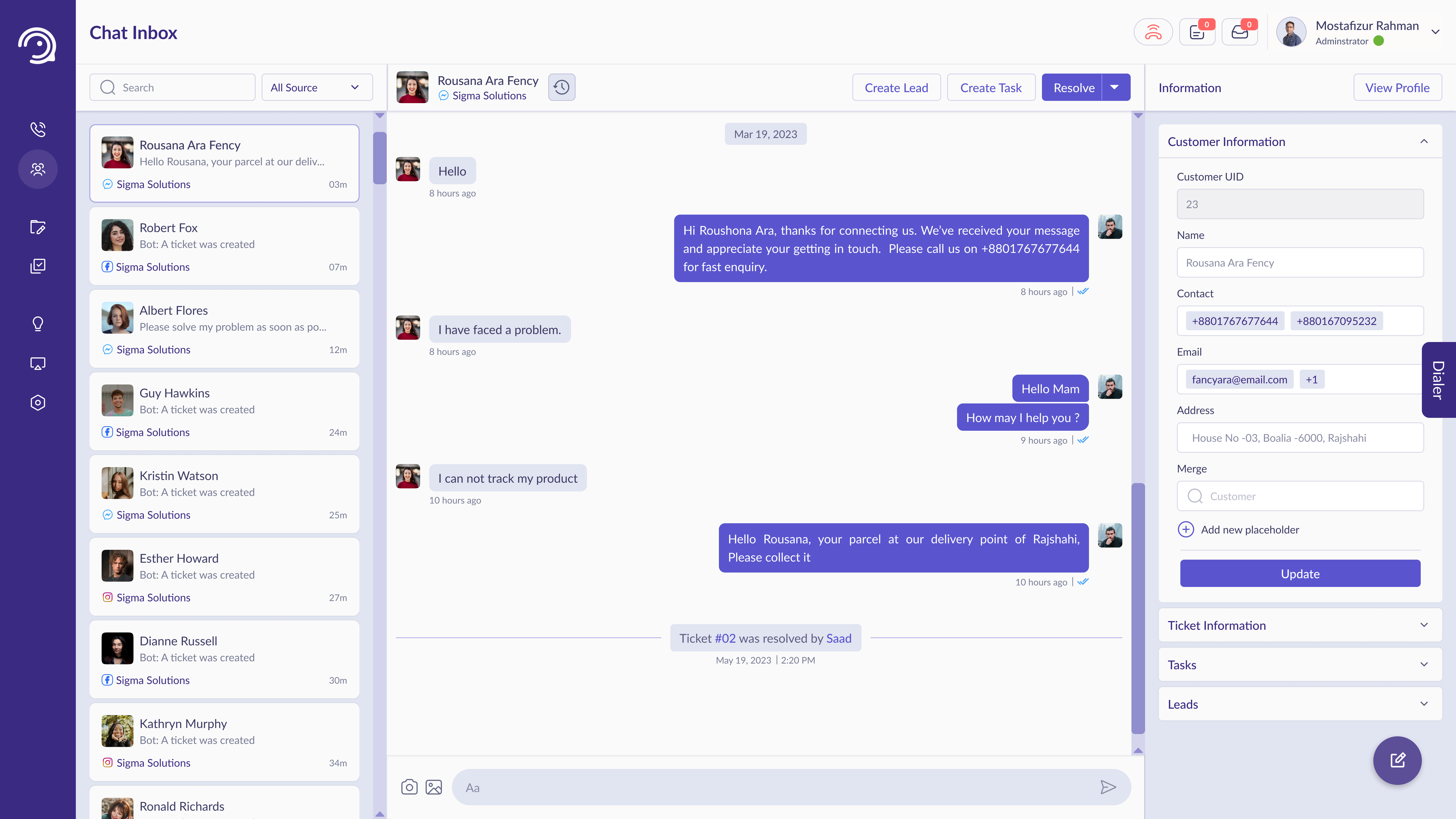Customer Relationship Management (CRM) systems have
revolutionized the way businesses manage and nurture their
customer relationships. However, despite their undeniable
benefits, many organizations still face challenges when it
comes to adopting and maximizing the performance of CRM
solutions. In this article, we'll explore some common
barriers to CRM adoption and performance and discuss
strategies for overcoming them.
Understanding the Challenges
Resistance to Change:
One of the most common challenges in CRM adoption is
resistance to change. Employees may be comfortable with
existing processes and reluctant to embrace new technology.
Overcoming this resistance requires effective change
management strategies, including clear communication,
training programs, and highlighting the benefits of CRM
adoption.
Data Quality Issues:
Another challenge is maintaining accurate and up-to-date
data within the CRM system. Poor data quality can undermine
the effectiveness of CRM initiatives and lead to inaccurate
reporting and analysis. To address this challenge,
organizations must establish data governance policies,
implement data validation processes, and regularly clean and
update their databases.
Lack of User Adoption:
Even with extensive training, some employees may struggle to
fully adopt and utilize CRM systems. This lack of user
adoption can hinder the success of CRM initiatives and limit
their impact on business performance. To address this
challenge, organizations should focus on user engagement and
empowerment, providing ongoing support and training to
ensure employees feel confident using the CRM system.
Integration Challenges:
Integrating CRM systems with existing business processes and
systems can be complex and challenging. Legacy systems,
disparate data sources, and incompatible technologies can
all pose obstacles to successful CRM integration. Overcoming
these challenges requires careful planning, collaboration
between IT and business teams, and the use of flexible and
scalable integration solutions.
Strategies for Overcoming Barriers
Leadership Buy-In:
Securing leadership buy-in and support is critical for
successful CRM adoption. Executive sponsorship can help
overcome resistance to change, secure resources, and drive
organizational alignment around CRM initiatives.
Comprehensive Training Programs:
Investing in comprehensive training programs is essential
for ensuring user adoption and proficiency with CRM systems.
Training should be tailored to the needs of different user
groups and include hands-on exercises, real-world scenarios,
and ongoing support resources.
Data Governance Policies:
Establishing clear data governance policies is essential for
maintaining data quality and integrity within the CRM
system. This includes defining data standards, roles, and
responsibilities, implementing data validation processes,
and regularly auditing and cleaning data.
User-Centric Design:
Designing CRM systems with the end-user in mind is key to
driving adoption and engagement. User-centric design
principles prioritize simplicity, intuitiveness, and
usability, making it easier for employees to navigate and
leverage CRM systems in their day-to-day work.
Iterative Approach:
Adopting an iterative approach to CRM implementation can
help organizations address challenges and adapt to evolving
business needs. By breaking down projects into smaller, more
manageable phases, organizations can minimize risks, gather
feedback, and make continuous improvements over time. While
CRM systems offer significant potential for improving
customer relationships and driving business performance,
overcoming barriers to adoption and performance is essential
for realizing these benefits. By understanding the
challenges associated with CRM adoption and implementing
strategies to address them, organizations can unlock the
full potential of their CRM investments and drive success in
the digital age.







